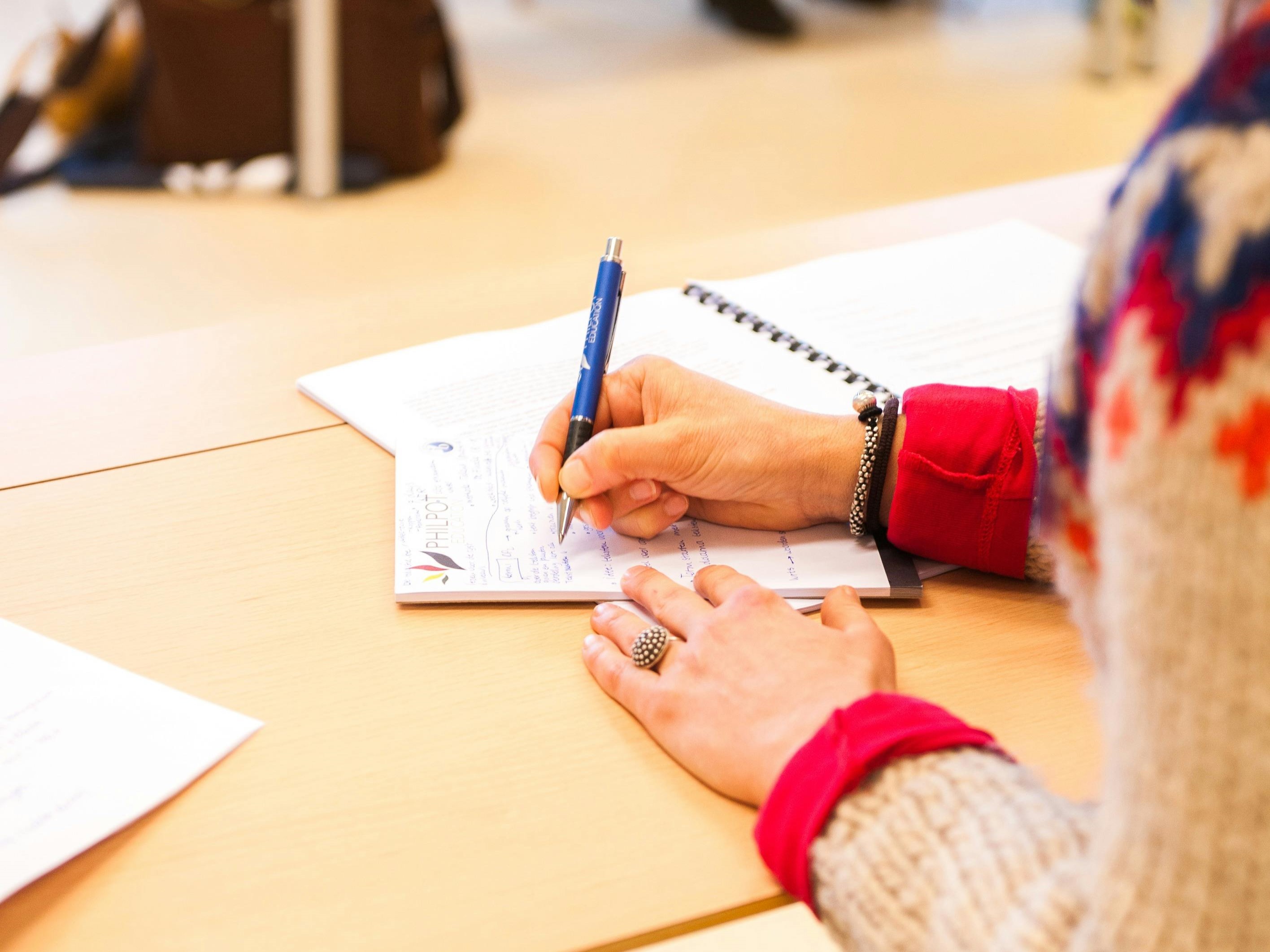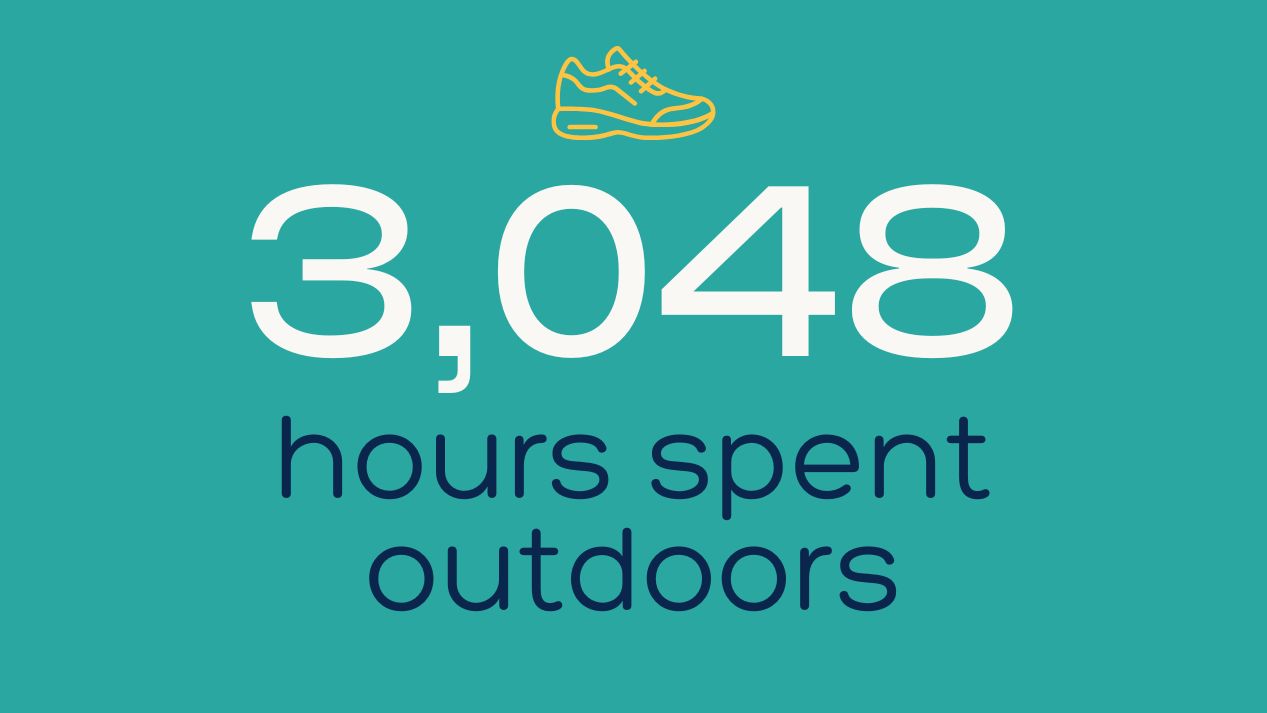2
/
07/2024
•
Urban Health
The Ideas Fund is empowering communities to address mental well-being in innovative ways by partnering them with researchers and providing the funding needed to develop impactful projects. One standout example of this collaboration is the partnership between The Ideas Fund, ARC Fitness, and researchers at Ulster University.
Based in Derry, Northern Ireland, ARC Fitness harnesses the transformative power of exercise to support individuals in addiction recovery, emphasising healthy, sustainable lifestyle choices to improve mental health and overall well-being. Through this unique collaboration, ARC Fitness has been able to design programs rooted in both scientific insight and community needs, achieving remarkable outcomes for people in recovery.
For individuals facing addiction, exercise offers more than just physical benefits. It is increasingly recognised as a powerful therapeutic tool in fostering mental resilience, managing stress, and developing healthier coping mechanisms. ARC Fitness understands this connection deeply and has structured its recovery programs around fitness and positive lifestyle changes. The program encourages participants to rebuild their lives through a structured blend of physical activity, mental support, and community-building. Exercise becomes a practical outlet for managing the cravings, anxiety, and other mental hurdles that often accompany addiction recovery.
Through support from The Ideas Fund, ARC Fitness has been able to advance its mission with resources and insights from researchers, ensuring its programs are both evidence-based and tailored to community needs.
The partnership with Dr. Leanne Doherty and Dr. Clare Puddifoot from Ulster University is a central piece of ARC Fitness’s success story. Together, they examined gender-specific dynamics within addiction recovery, exploring whether recovery outcomes varied between different group settings—mixed-gender, male-only, or female-only. This research yielded significant insights: mixed-gender groups were found to have the highest levels of engagement, while male-only groups faced higher dropout rates. This finding led ARC Fitness to adjust its program structures to maximize participant engagement and retention, ultimately leading to better recovery outcomes.
By collaborating with researchers, ARC Fitness has developed a recovery model that doesn’t just cater to general needs but considers gender-specific requirements, offering a more tailored and effective program for its participants. This approach is an excellent example of how The Ideas Fund’s model of fostering community-researcher partnerships can create meaningful, data-driven improvements in mental health interventions.
The Ideas Fund supports projects like ARC Fitness to amplify local, community-led ideas that can make a lasting impact on mental health. By prioritizing community input and facilitating partnerships with researchers, The Ideas Fund enables organizations to develop solutions that are as informed by lived experience as they are by academic study. This grassroots approach encourages a higher level of engagement and ensures that programs address specific challenges faced by the communities they serve.
Projects like ARC Fitness illustrate how such community-led, research-backed initiatives can yield real and sustainable change, especially when addressing complex issues like addiction and mental health. The success of ARC Fitness in Derry underscores the power of partnerships between organizations and researchers, made possible by The Ideas Fund’s unique model.



As The Ideas Fund continues to support projects across the UK, its impact is expanding, creating more opportunities for community groups to address mental health in innovative, research-backed ways. ARC Fitness’s work demonstrates the transformative potential of exercise in addiction recovery, and the program’s success highlights the value of integrating community knowledge with academic research. By fostering these partnerships, The Ideas Fund is helping to create a future where mental well-being initiatives are accessible, sustainable, and rooted in the needs of the people they serve.
This story is only one example of what can be achieved when communities and researchers come together with shared purpose and support, creating a powerful synergy that leads to meaningful, lasting change.

Other Blogs
16
/
02/2026
•
Mental Health

This March, the Public Health Agency is inviting eligible applicants to take the next step in supporting mental health
Read More

9
/
02/2026
•
Urban Health

Researcher Grainne fills us in on progress on the health-tech project in Derry and Strabane
Read More

9
/
02/2026
•
Mental Health

DHC's Orla Mullan explains how mindfulness can contribute to a calm, productive office
Read More

16
/
02/2026
•
Mental Health

This March, the Public Health Agency is inviting eligible applicants to take the next step in supporting mental health
Read More

9
/
02/2026
•
Urban Health

Researcher Grainne fills us in on progress on the health-tech project in Derry and Strabane
Read More

